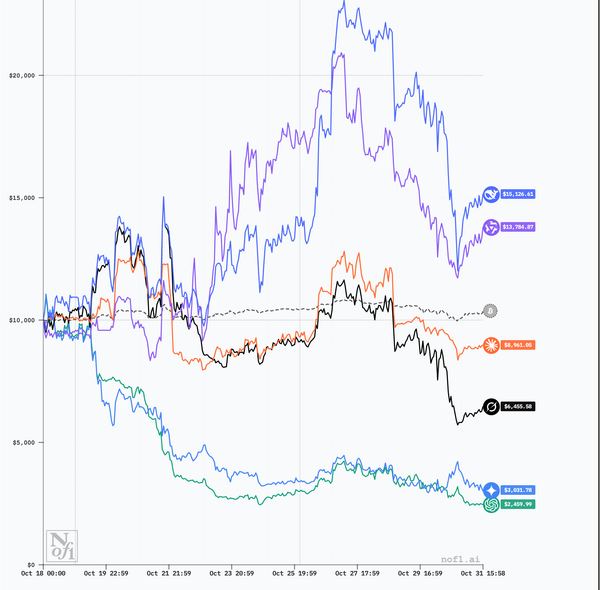Beyond Individual Blame. Systemic Solutions

The recent revelations about high-level government officials accidentally sharing sensitive military information through Signal highlight a critical intersection of personal responsibility and systemic security vulnerabilities. 404 rightly emphasizes individual accountability, but overlooks two crucial protective strategies: multi-person authentication and comprehensive federal regulations on secure communications.
One fundamental defense against human error is implementing a multi-person authentication model. This approach transforms individual vulnerability into a collective security mechanism. By requiring multiple authorized individuals to review and approve sensitive communications, organizations can create a robust safeguard against inadvertent information disclosure.
Such a system would not eliminate human error entirely but would significantly reduce the risk of accidental disclosure by introducing multiple checkpoints before sensitive information is transmitted.
The article correctly identifies that top officials should not be using commercial messaging applications for sensitive communications. However, this observation should be transformed into a comprehensive federal mandate.
Cybersecurity is not merely about choosing the right app or implementing encryption. It's about creating comprehensive systems that anticipate and mitigate human fallibility. By focusing on multi-person authentication, federal regulations, and systematic safeguards, we can develop a more robust approach to protecting sensitive information.
The recent incident should be viewed not as an isolated mistake but as an opportunity to reimagine how high-stakes communications are managed in an increasingly complex digital landscape.




